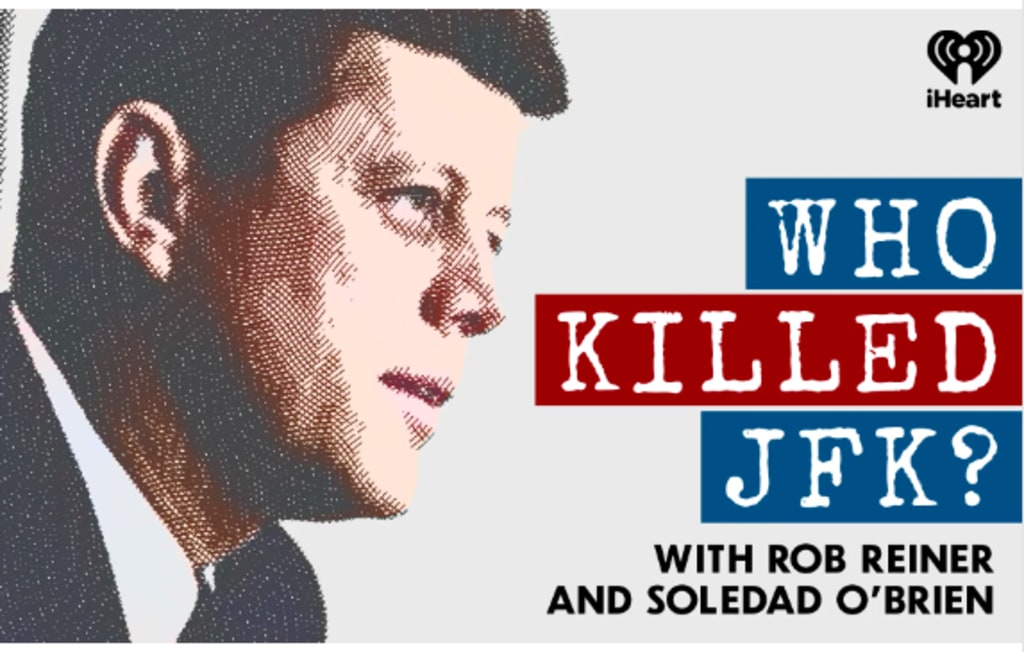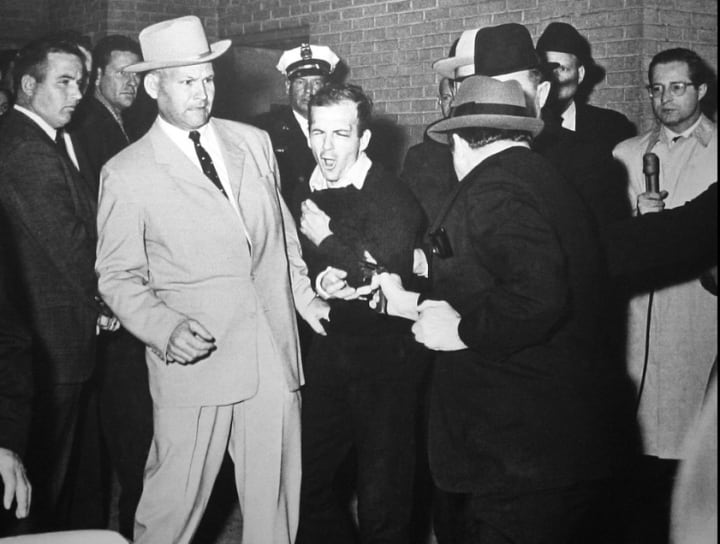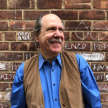Review of 'Who Killed JFK' Episodes 9-10
Blueprint for Continuing the Inquiry

Episode 9 of the Who Killed JFK? podcast with Rob Reiner and Soledad O'Brien is devoted to Jack Ruby (born Jacob Rubenstein), the man who shot Lee Harvey Oswald on live television two days after John F. Kennedy was assassinated.

I remember seeing that on television on November 24, 1963, as my 16-year-old self struggled to make sense of the horrendous assassination that had taken place two days earlier. The first thing that came into my mind as I saw Ruby lunge forward and shoot Oswald was that this meant Oswald was not the person who shot JFK, and the real killers had hired Ruby to kill Oswald to prevent a trial and the truth from coming out. I had seen enough Perry Mason, Dragnet, or whatever shows on television to know that's how it worked.
Episode 9 of this podcast provides the details. Although Ruby famously said that he killed Oswald to spare Jackie the grief she would have endured as a witness in the trial of Oswald, we learn that Ruby also said that there was a much bigger story involving Cuba that would sooner or later come out. He never got to tell that story, because he was afraid he himself would be killed -- "I want to tell the truth, and I can't tell it here," he eventually said to Warren Commission members in Dallas in June 1964, asking that he be transferred to Washington, DC -- but his request was denied, and he died of cancer and a pulmonary embolism in January 1967, before the new trial that he had been granted could begin.
The podcast doesn't mention this, but I couldn't help wondering if the CIA heart-attack gun might have been responsible for putting Ruby, now a grave danger to the CIA, out of his misery? Even if not, the podcast raises the important question of why the Warren Commission waited so long to interview Ruby? Gerald Ford, then a Congressman on the Commission, later to become President in 1974 when Nixon resigned, might have known more about this, and I wonder if any of his children might have any more light to shed on what their father really thought about Jack Ruby and Lee Harvey Oswald?
***
The Who Killed JFK? podcast concluded today with a satisfying episode that wrapped up this enduring, searing mystery almost as good as it could have.
Reiner and O'Brien's final comments get to the point: this podcast arose from the question that has been nagging at Reiner's soul since 1963. Who killed the President? Although the podcast didn't and couldn't have provided the complete story, wrapped in a package with a bow, which we and the world could now rely on without needing answers to still-unanswered questions, the podcast provided some important signposts, and even some answers, and this is a worthy thing indeed to forward to future researchers and generations. Like Reiner, I've felt lied to about the JFK assassination all these years, angered and aggravated, and I'm glad this podcast can serve as a blueprint for the uncovering of further lies, and the wiping away of at least some of the lies that have plagued us -- all over this planet -- all these many years. We and our descendants deserve nothing less than the truth, or as much of it as we can get, about this monstrous act that stole our future and warped our relationship to the cosmos.
The biggest specific takeaway that this concluding episode gives us is that there were four shooters. I know almost nothing about ballistics and forensics, but this takeaway is convincing. And coupled with it is the fact that Lee Harvey Oswald was not one of the four shooters. As Reiner has said over and over again, why would Oswald say he was the "patsy," if he had really killed JFK? If he had thought the assassination was saving the country, wouldn't he proudly have proclaimed it, as John Wilkes Booth had done with his killing of Lincoln? Or, if Oswald had nothing whatsoever to do with the assassination, wouldn't he have repeatedly proclaimed that, as well, shouting from the rooftops to the media that he was innocent, the wrong man? Instead, the word "patsy" strongly suggests that he knew something about the assassination and how it happened, and that he realized he was the fall guy.
What Oswald knew a lot about was the CIA and how it operated. The podcast stops short of saying the CIA, the Mafia, or Cuban exiles specifically ordered the assassination. But there's ample evidence that they all participated, maybe more as individuals in some cases than formal members of their organizations like the CIA. One the one hand, the passage of time makes it increasingly difficult to identify specific culprits. On the other hand, the players in the assassination had families, maybe children, who might have heard something important, some additional key to unlocking this jagged puzzle, and this very podcast points in the right directions. Hats off to Reiner and O'Brien, to Dick Russell who did a lot of the research for the podcast, and to David Hoffman who did the writing. (I heard in the credits that some of the recording was done at CDM Studies. I've done some work with them myself, so hats off too to Charles de Montebello.)
The big question that I'd still like to see addressed, as I mentioned in my very first review of this podcast, is why JFK's brother, Robert F. Kennedy, sat still for the Warren Commission's bundle of lies about a lone shooter, etc. And RFK, of course, was then assassinated himself in 1968, likely on his way to becoming President of the United States.
Perhaps all the talented people who put together this crucially important podcast could do another podcast on Who Killed RFK?
About the Creator
Paul Levinson
Novels The Silk Code & The Plot To Save Socrates; LPs Twice Upon A Rhyme & Welcome Up; nonfiction The Soft Edge & Digital McLuhan, translated into 15 languages. Best-known short story: The Chronology Protection Case; Prof, Fordham Univ.






Comments
There are no comments for this story
Be the first to respond and start the conversation.